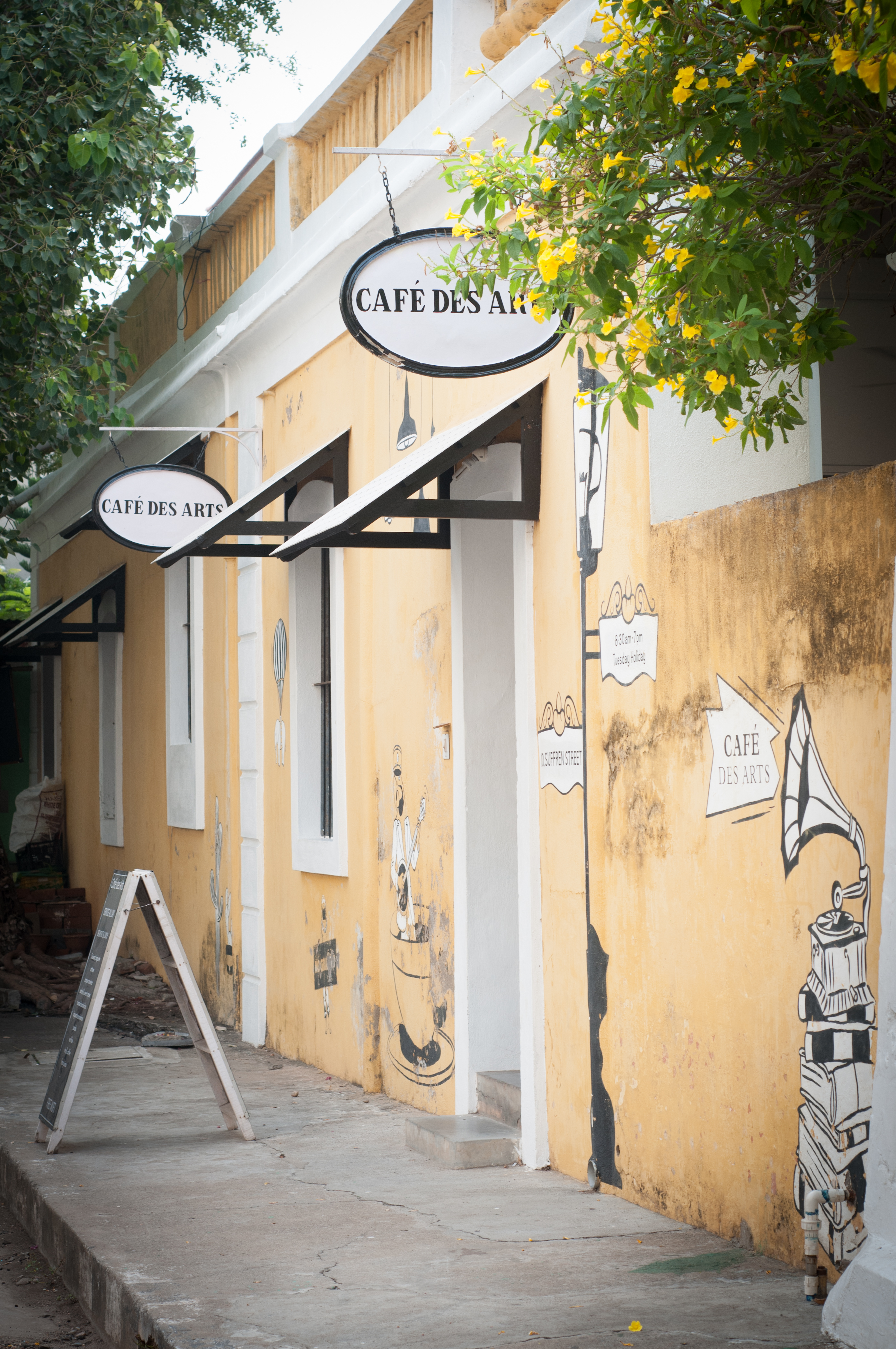#Transylvaniandream #OliviaPetraComan 📎

Probably hard to understand by foreigners, the way in which we – Romanians – make fun
of one another depending on our region of birth does hide some bitter yet funny
truths. Moldavians are pictured as lazy, Oltenians – as prideful,
Transylvanians – as slow. This piece of information is designed to help you
connect the dots.
So is the following: the century-long Austro-Hungarian influences made
their mark on the language we currently speak. In the end, leaving aside history
and – at times – tasteless humour, one must admit that Transylvania owes much
of its romanticism and charm to its regional accent and slow-paced, though
funny and colourful, language.
Don’t think of yourself as Transylvanian until you’ve uttered your first
‘ioi’. Did you have a tough day at
work? Did your cat suddenly drag all the clothes you’ve put out to dry all
around the courtyard? Did the cake overcook? It’s time for the magic word. Plus
a mandatory sigh afterwards.
Without even thinking, you’re using it 50 times a day. At least. And
it’s not even a negation, but a filler word stating the very spirit of
Transylvania: ‘no’. You will even
start to combine it with adverbs... and verbs are likely to follow in no time.
More dramatic than ‘ioi’, but less used, ‘tulai’ may lend different meanings to surprise, nagging, or anger.
Most of them have a happy, enough-to-make-a-cat-laugh ending.
Forget ‘salut’, ‘bună’, ‘hei’! You’re in Transylvania and ‘servus’ is the greeting norm here.
Pronounced in different fashions. [You’ll also get that. In time.]
You’re probably not passing your Transylvanian ‘adoption’ exam until ‘ni’ is finally synonymous in your mind
and actions to ‘look’, ‘take’, and 'do it fast’, even for Transylvanian
standards.
The last two are an adjective and an adverb, actually, but somehow
Transylvanians made them qualify as interjections. You won’t say ‘beautiful’ or
‘nice’ anymore, you will get accustomed to labelling everything you like as ‘fain’.
Well, while you sip your cocoa by the forest one early morning, feel
overpowered by the scents of the meadows one late afternoon, or simply get in
the middle of the welcoming crowd one evening, you’ll know for sure that reaching
this fairy tale land was written down in your destiny path, it was obligatory,
it was ‘musai’.












